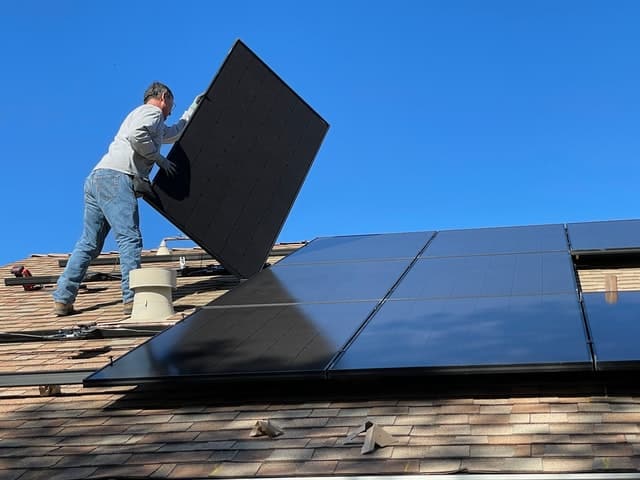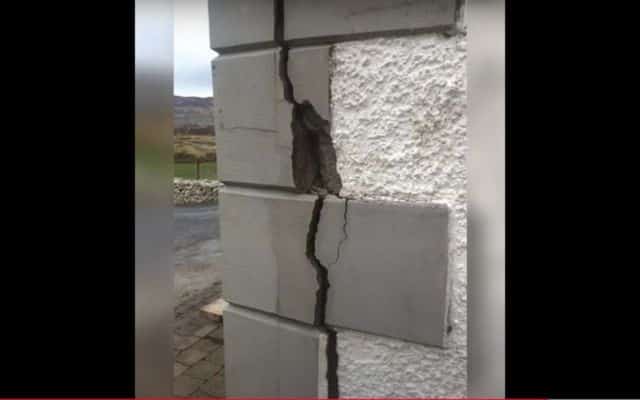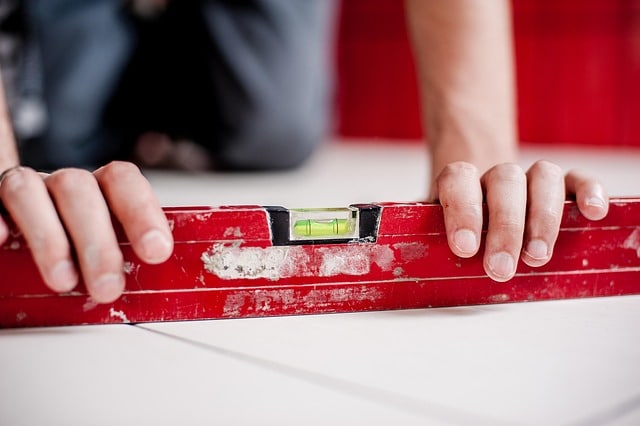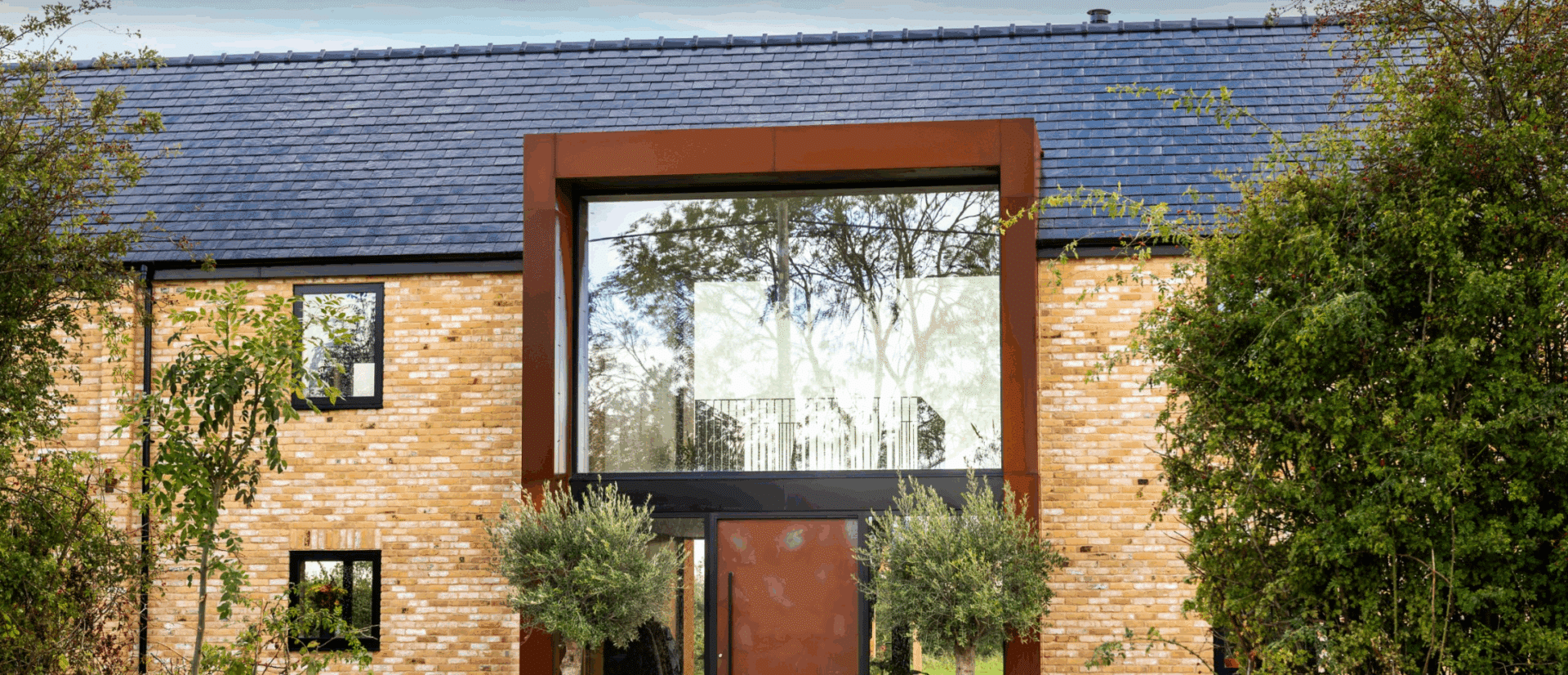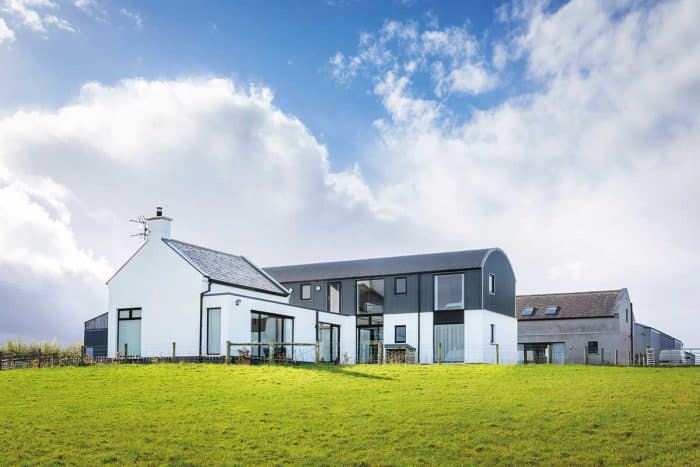The ROI Microgeneration Support Scheme (MSS) has finally been announced – more than three years behind schedule – so you will now be paid to export electricity to the grid.
In December 2021, ROI Minister for the Environment Eamon Ryan announced the MSS roll out with the launch of the Clean Export Guarantee (CEG) tariff, which you will get “at a competitive market rate” from your electricity supplier.
Customers are required to connect microgeneration installations (up to 6kW for single phase installations, up to 11kW for three phase) in accordance with ESB Networks’ “Inform and fit” principle, whereby the customer informs ESBN of the intention to connect a microgenerator using a dedicated NC6 form found on ESBN’s website.
If ESBN decide that a technical study is necessary, ESBN has 20 working days to notify the customer. If the customer does not receive any communication from ESBN within the 20 days, then the customer may proceed with the installation of the microgenerator.
There is also a tax break for the electricity you export: “A tax disregard (€200) is being introduced in respect of personal income received by households who sell residual electricity that they generate back to the grid,” reads the Budget 2022 Tax Policy Changes document.
In 2018, the MSS was expected to introduce a means to pay homeowners for the excess electricity they export back to the grid, from on site generators such as photovoltaic (PV) panels. The introduction of such a feed in tariff was then meant to happen in July 2021.
The grant to install PV panels stays put (but still only for homes built before 2011, other conditions apply). In 2022, the grants will be at the same level per kW as the current solar PV grant scheme (maximum €2,400).
In NI, Power NI pays an export tariff for electricity units exported to the grid – regardless of who the electricity supplier is.

